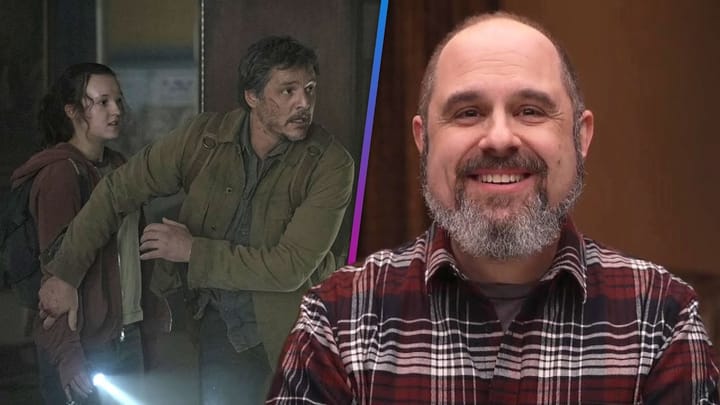Everything is Groundhog Day
What does invented lore do to to our relationship with film and shows? What does it change in how understand and interpret a story?

Conspiracy theories are all around today. What used to be fringe actors, out of touch with reality has now invaded more mainstream channels with the easy spread of democratized social media that has limited guardrails.
But it’s not all bad. Even though there’s a constant drumbeat of ills of the internet, there is some good still out there too. You could even say something that is akin to the platonic ideal of what the internet can be— the proliferation of alternative ideas, in this case film theory videos.
This is a subset that seemingly comes out of the film thesis and analyzation genre that is becoming more and more prevalent on YouTube and Instagram. These videos (thesis/analyzation) breakdown a film’s message, technique, or examine a different perspective. This site is a function of that work in written form.
Naturally, I find these analysis videos fascinating, but it’s the sub-genre of hypothetical film theories I find the most interesting— the invented lore.
These videos look at standard narratives and make them mythic, creating a subverted narrative structure presented as fact or alternative theory that paints the film’s motivation in a different light. Their purpose range from helping to explain logic holes, pushing the audience to think deeper, or just showing off their intellectual bonafides.
Case in point, I just stumbled on one of these theories that states ‘Ferris Buller’s Day Off’ is actually a groundhog day story that we’re catching somewhere in its umpteenth iteration. They go on to point out different moments that can support their theory— from Ferris’ confidence and prescient ability because he’s done it all before to pushing Cameron to face his fears— which is intriguing. But at the same time, this gets me thinking.
Does this idea change the facts and intention of the story? How are we to know this was the actual way this story was created and crafted? Is there any actual value from considering these theories?
I see fans conceptually reframe a story’s premise, where I find myself conflicted on how I feel about it.
Optimistically, it’s addictive, giving an interesting new take and new perspective, helping to explain some surface level cognitive dissonance that is in service of the suspension of disbelief. And in the best logical circumstances, even deepen the message and outcome of the film’s narrative.
Cynically, it feels stupid and pedantic. The film is the story we see, not some coincidental, esoteric idea that tries to retroactively change the meaning of the direct narrative. This goes beyond reading subtext and distorts the spirit of the story in the name of appearing cleaver.
Circling these two is the more ambivalent feeling of detached curiosity—intriguing and plausible, but ultimately inconsequential. It’s a clever observation, but not a profound realistic depiction of the story.
With that said, I’m hesitant to dismiss these theories, even though I think don’t materially add to the values of the conversation around these movies or shows. They can be fun and interesting as a thought exercise, especially when observing story structure and motivation. And the more attached to a story, the more likely you are to give deeper consideration to one of these theories.
The one that captivated my attention, and invested more credence than was warranted, was the extrapolation that Don Draper of Mad Men was actually plane hijacker, D.B. Cooper. Like many, I was so wrapped up in the show— its layered complexity, arresting visuals, remarkable character depth— that when this idea showed up, so precise and considered, it made the whole thing feel unexpectedly tangible. It felt entirely plausibly, aided by being a written essay and not a video post, even though it was a bit outside the realm and scope of the show— but not that much.
But I should have known better. I conned myself into believing it even though deep down I knew it wouldn’t happen— it wasn’t in the show’s DNA— then left myself slightly disappointed that it didn’t happen. (That’s not to say that even with the way Mad Men ended, it could theoretically still happen.)
But that’s why it’s important to take these theories with a healthy dose of optimistic skepticism, so not to inhibit your connection with the story in your own way. While they can be fun and even informative, it’s essential to explore the meaning and intentions of the creators, along with emergent themes.
But ultimately, the meaning of a work is ultimately owned by the viewer and what they get out of it. So if you believe that Ferris Buller’s Day Off is living this day for the 487th time in a groundhog day loop, then you do you. Me personally, I lean more into the idea that Cameron is the real protagonist of the day.





Comments ()